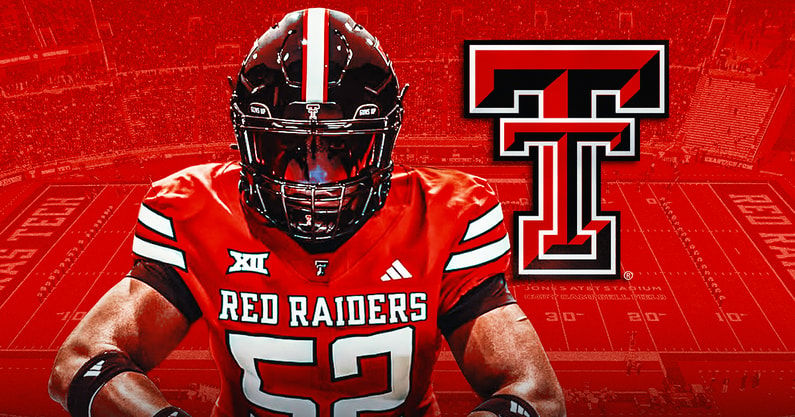Texas Tech's $5 Million Man: The Wild Card in College Football's New Era
- Lee Shipley
- Jul 10, 2025
- 2 min read

Remember when college football recruits got, like, a free t-shirt and a handshake? Well, those days are long gone. We're talking big bucks now, and Texas Tech just dropped a bombshell that has everyone in the college sports world buzzing. They've reportedly signed Felix Ojo, a five-star offensive tackle everyone wanted, to a deal worth a cool $5.1 million over three years.
Hold up, did you just do a double-take? You're not alone. This isn't just a big NIL deal; it's the first fully guaranteed revenue-sharing contract we've ever seen. That's right, Texas Tech went all-in on Ojo, and it's shaking things up.
The Catch: How'd They
Pull This Off?

Here's where it gets interesting, and frankly, a little head-scratching for some folks. The current revenue-sharing cap for schools is set at $20.5 million. If you're spending over $5 million on one player, it makes you wonder how the math actually works out for the rest of the team.
In fact, some insiders are whispering that the "guaranteed" part might actually be closer to $2.3 million, with the potential to hit that full $5.1 million if the cap increases in the future. So, what's the deal?
Betting on the Future

It looks like Texas Tech is making a calculated gamble. They're banking on the idea that the revenue-sharing cap, much like those in professional sports, is going to rise. While it's $20.5 million for 2025, that number isn't set in stone.
Structuring Ojo's contract this way is a savvy move. It lets Texas Tech hedge their bets while giving Ojo the chance for a much bigger payday down the road if the rules shift. It's a win-win, provided that cap actually climbs.
The New Playbook for
College Sports!

This whole situation with Felix Ojo isn't just about one recruit or one school; it's a huge sign of where college sports are heading. The "wild west" days of unregulated NIL deals are fading fast.
What we're seeing now are universities and their athletic departments making incredibly smart business decisions. They're not just recruiting talent; they're strategically positioning their teams for long-term success, even as the landscape of college athletics continues to evolve at lightning speed.
It's clear that the game is changing, and it's getting a whole lot more sophisticated.







Comments